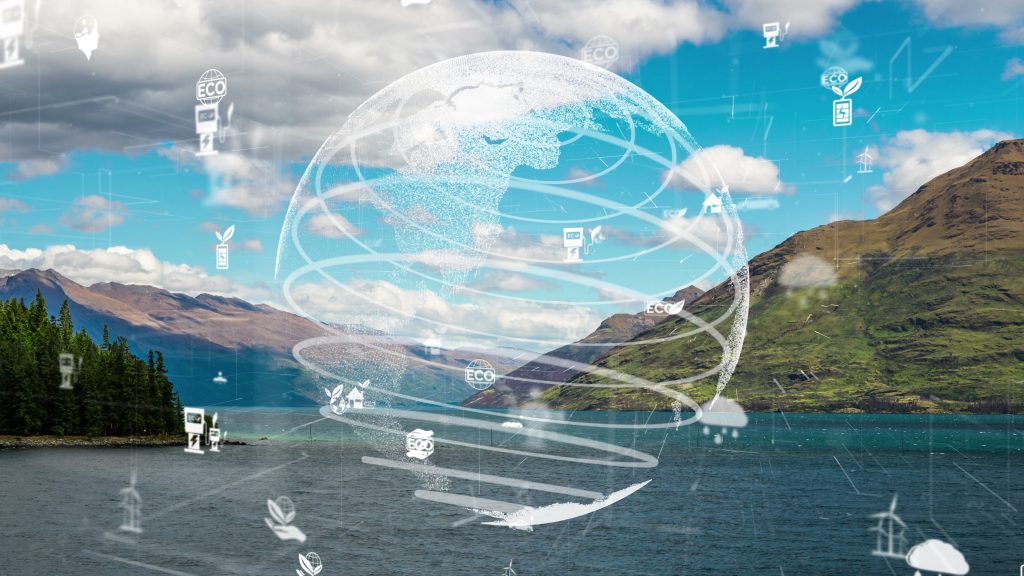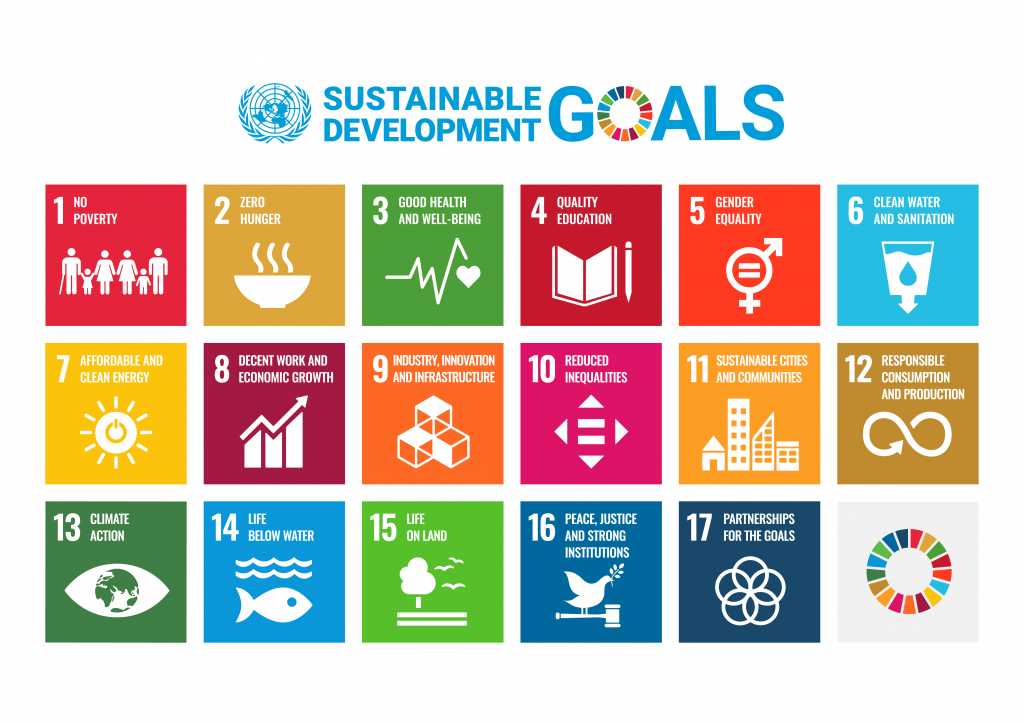
It is more and more noticeable that in many conversations, webinars or business initiatives, sustainability discussion centralizes on only one topic – climate change or global warming. It is certainly true that global warming is something we need to act on but is it the only aspect of sustainability we should be focused on? The answer is no.
Let’s start from the basics – What does sustainability mean? It is defined as a way of satisfying the needs of the present generation without threatening the needs of those in the future (United Nations, 1987). As a holistic concept, sustainability takes into consideration three fundamental dimensions: environmental, social, and economic. These have been denoted as the pillars of sustainability and reflect that responsible development involves a balance between the planet, people, and profits (Elkington 1997; Kajikawa 2008; Schoolman et al. 2012). So, even from just the definitions, it is already clear that sustainability – or sustainable development – does not only entail the protection of the environment but is also socially just and ethically acceptable.
Sounds good, but still a bit vague, right? That’s why the 2030 Agenda for Sustainable Development was created back in 2015. It is a 15-year common plan for all nations of the world. The agenda includes 17 Sustainable Development Goals (SDG) , also known as Global Goals, that were created to reduce poverty and discrimination, protect the planet and strengthen freedom, security and prosperity globally. They are basically an outline for all to achieve a better and more sustainable future, addressing many global challenges we face. See the goals below.

Acknowledging the fact that sustainability is not only environmental is crucial to reach sustainable development, thus it is also a big part of my project. Firstly, the proposed sustainability app will include educational material to inform about each of the SDGs. Secondly, I would like to include regular news updates, call to action and interesting facts again, for each of the SDGs. An example of such could be informing about the `leave no one behind` principle of the Global Goals, that is especially relevant for LGBTQ+ people.
For example, when we look at Goal 1: End poverty in all its forms everywhere, it – among other things – aims to ensure that all men and women have equal rights to economic resources, as well as access to basic services. Did you know that LGBT people in the Philippines are often excluded from higher education and limited to irregular and low-paying jobs? Discrimination can lead to poverty, but the reverse is also true. Research shows that LGBTQ+ people who are able to contribute economically to the household are more accepted by the society and within families (Thoreson 2011). Unfortunately, all these issues can be worsened by development projects that deliberately benefit opposite-sex couples, or by insensitive designs. It is good news, however, that when LGBTQ+ people are empowered economically, they may also be empowered to challenge discrimination (Stonewall International, 2016).
This was just one of the many issues that reaching sustainable development holds and I think it is time we all take action to make it happen, by ensuring the living on our planet is equally good for everyone.
References
Elkington, J. & Rowlands, I. H. (1999). [Cannibals with forks: the triple bottom line of 21st century business]. Alternatives Journal, 25(4), 42-43. https://libproxy.tuni.fi/login?url=https://www.proquest.com/scholarly-journals/cannibals-with-forks-triple-bottom-line-21st/docview/218750101/se-2?accountid=14242
Kajikawa, Y. (2008). Research core and framework of sustainability science. Sustain Sci, 3(2): 215–239. DOI: 10.1007/s11625-008-0053-1
Schoolman, E., Guest, J., Bush, K. & Bell, A. (2012). How interdisciplinary is sustainability research? Analyzing the structure of an emerging scientific field. Sustain Sci., 7(1): 67–80. https://doi-org.libproxy.tuni.fi/10.1007/s11625-011-0139-z
Stonewall International. (2016). Sustainable Development Goals and the LGBT Inclusion. https://www.stonewall.org.uk/system/files/sdg-guide.pdf
Thoreson, R. (2011). Capably Queer: Exploring the Intersections of Queerness and Poverty in the Urban Philippines. Journal of Human Development and Capabilities, 12, 493-510